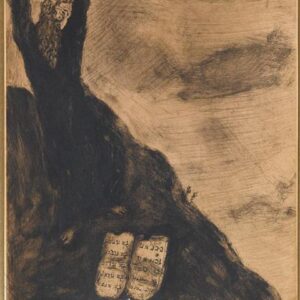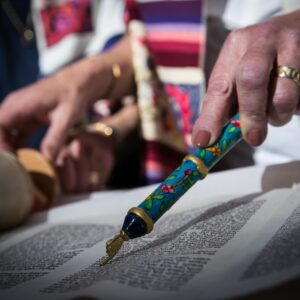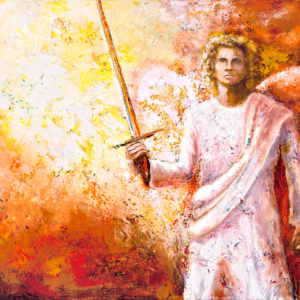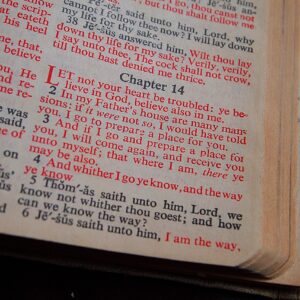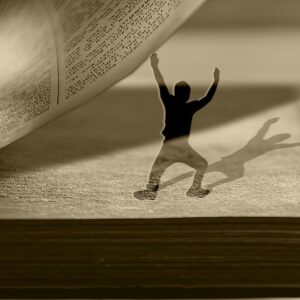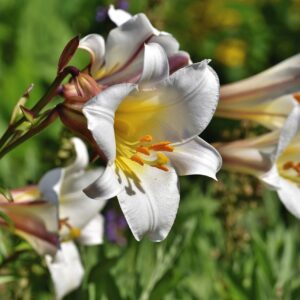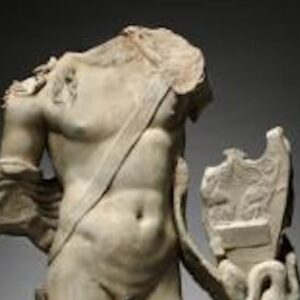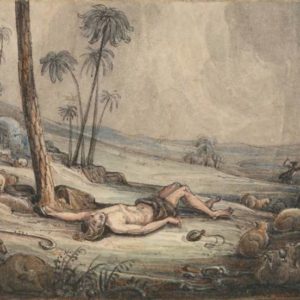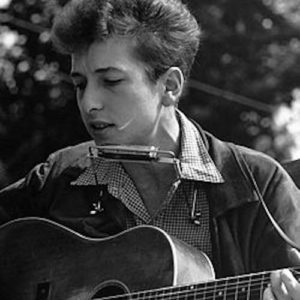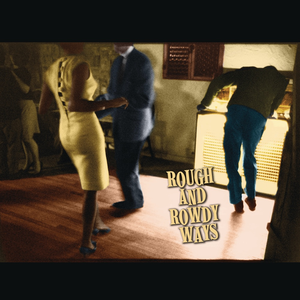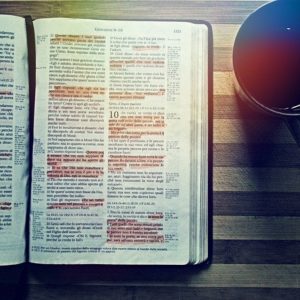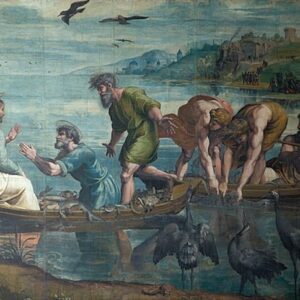
Close Reading the New Testament, Luke 5: 1-11
The New Testament is essential reading for me. But sometimes I wonder what it is I’m reading, and that’s because I don’t know Greek. I should have made the effort to learn this language long ago. Now I’m old, and it feels too late. I re-read, study, and think about the New Testament from afar, in multiple English-language versions. Here’s a passage from David Bentley Hart’s translation of the New Testament (2017; 2nd ed., 2023), Luke 5: 1-11, where Jesus speaks to a crowd and then to the fishermen who will become his disciples.


